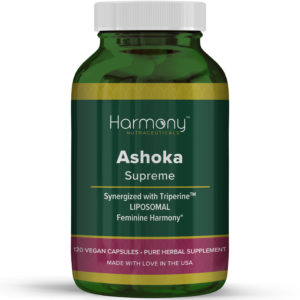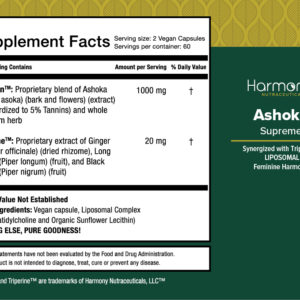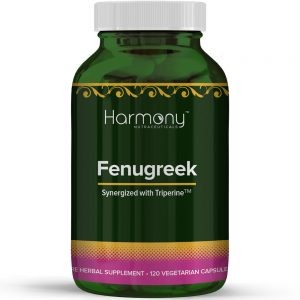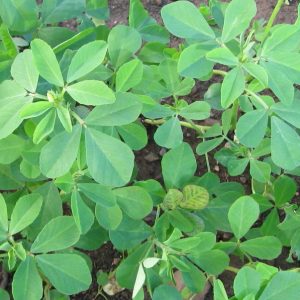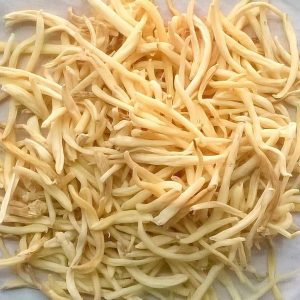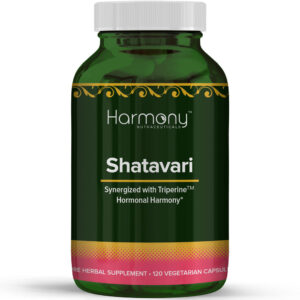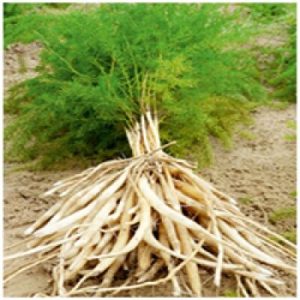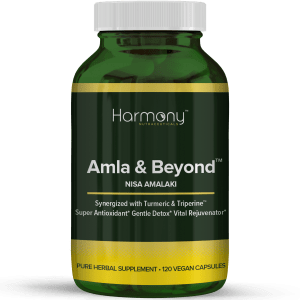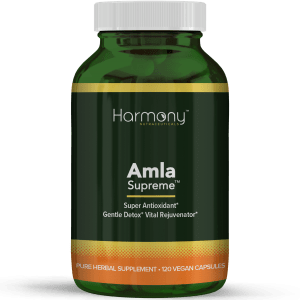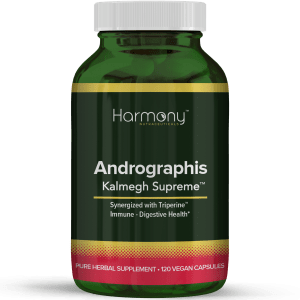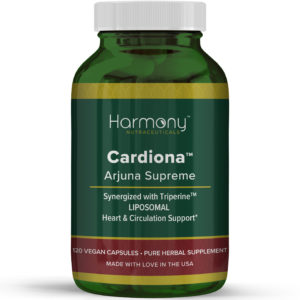Showing all 4 results
Safed Musli Supreme
Safed Musli is renowned for vitalizing reproductive and nervous systems….
Ayurvedic Supplements for Women’s Health
Ayurveda believes that the human body has both male and female energy moving parallel to each other.
The body is one of the Shiva/Shakti forms of Shiva. According to this, the right part of our body is male-dominating and the left side is female. The beauty of nature is that it provides the principles and tools to balance the female and male aspects of our natures, which shift and change during the different stages of life.
Ayurvedic supportive approach for women in restoring and maintaining the balance of Vata, Pitta, and Kapha:
In females, the endocrine system is dominant, with specific hormonal seasons.
The hormone levels vary considerably in females from time to time.
Thus it is important for women to adjust their diet and lifestyle according to the changes in hormone levels, so that general functioning and the transition from one phase to another are healthy and problem-free.
Along with Hormonal changes,
- Hectic lifestyles,
- Lack of time for self-care, and
- Stress,
- Burning out,
- Anxiety,
- Depression,
- Eating disorders,
- Somatic disorders, etc.
Stress also makes females prone to Indigestion, Obesity, Muscle spasms, Cervical spondylosis, Degenerative diseases like Osteoporosis, and Autoimmune diseases like SLE, etc.
What are Hormones in Ayurvedic Language?
Ayurveda does not speak in terms of “hormones”. It has its own unique language and terms.
- Hormones are considered as “Dhatu Agni” (fire element in tissue).
- They are carried by the blood (pitta) Therefore; they are considered a component of Pitta.
- The action of hormones expresses the nature of Pitta, the energy responsible for the transformation.
- All stages of the female reproductive process are a result of the interplay of hormones.
- The spark of the intelligence behind the transformation of each stage is due to Pitta, reflected in the influence of the hormones on the different stages of the ovarian and menstrual cycles.
- Kapha’s heavy cool qualities nourish the development of the tissues that form and support the reproductive system including the nurturing energy supporting growth of the follicle during the ovarian cycle. It is responsible for the mucosa lining that protects the tissues from digestive enzymes.
- Vata is responsible for the movement of the follicle during the ovarian cycle, the rupture of the ovary wall releasing the matured ovum, the movement of the fimbriae – the finger-like projections that guide the ovum into the fallopian tubes and the movements of the ovum towards the uterus.
These actions are due to Apana Vayu, the force behind the downward movement from the navel down.
By knowing one’s own Prakruti (true nature), one can plan and practice an appropriate daily and seasonal dietetic and behavioral regime. With this simple effort, the body will maintain a balance of the doshas (Vata, Pitta, and Kapha). From an Ayurvedic perspective, this balance is considered the “healthy” state of humans.
Ayurveda can help women to achieve this.
Herbal medicines:
Shatavari: If Ashwagandha is considered the ‘King of Ayurvedic Herbs’ then Shatavari is most certainly the ‘Queen. Acts as a pitta-pacifying (cooling) herb, helps check bleeding and balances the hormonal levels by activating the Prolactin hormone.
It also nourishes the uterus, regulates Calcium metabolism and bone compactness, and helps prevent hot flashes, insomnia, and osteoporosis.
Ashwagandha: Helps to maintain the balance of low levels of Estrogen through Testosterone in Menopause. It also helps to maintain the fatty cushion to the reproductive organs, especially in the vagina and calms the mind for a good sleep.
Yastimadhu: Is a source of Progesterone. In a low dose, it is mucolytic in action. It helps to balance Vata, Pitta, and Kapha!
Ashoka (Saraca asoca (Roxb.) Willd.): Imparts estrogenic effects and reduces hot flushes.
Nigella seeds: Concentrated Nigella seed extracts contain a plant compound called Thymoquinone. Early research, mainly in animals, suggests that thymoquinone could act like estrogen in your body and possibly offer symptom relief during menopause. What’s more, Nigella sativa extract exhibits estrogenic activity, meaning it acts similarly to the hormone estrogen in your body.
Black cohosh root: The estrogen-like effects of black cohosh supplements make the herb another candidate for supporting women’s reproductive health and treating side effects of menopause.
Chasteberry: Chaste Berries are the fruit of the Vitex Agnus tree, which is also called Chaste tree, monk’s pepper, or vitex. Chasteberry might work as a hormone balancer by targeting the hormone Prolactin. By lowering how much prolactin is in the blood, the herb could help treat symptoms of PMS.
Marjoram: Marjoram appears to influence cortisol, estradiol, and insulin. Though the herb has been used for many years, scientists are just now learning the safest and most effective ways for us
Jeeraka (Cuminum cyminum L.): It is said to be Garbhashaya shuddhikara. Hot decoction of Jeeraka in the dose of 15ml three to four times per day relieves menstrual cramps among teenagers. Its decoction is useful in regulating contractions as well as in reducing false pains during pregnancy.
Similarly, the management of Anarthava (amenorrhea) with Tila (sesame seeds) along with jaggery as well as Kulattha kashaya (decoction of horse gram 10ml twice daily) is also very effective.
Rasayana (rejuvenating) drugs can be administered to manage ailments during menopause.
Amalaki (Phyllanthus Emblica L.) can be administered as a Vyavasthapaka (anti-aging) drug. Interestingly, Amalaki Rasayana therapy has demonstrated a significant reduction of the extent of DNA damage in the cells.
In addition to specific herbal formulas, warm oil massage and warm nourishing food is a must.
For massage, Sesame oil is good for all types of women. However, Mustard oil for Kapha-type and Coconut or Ghee for Pitta-type women are particularly good.
The food:
- Must contain some fat in the form of oil or clarified butter (ghee), along with greens and minerals.
- Less sweet is preferable, but total abstinence is not.
- Sour, bitter, and astringent tastes are good, and almond milk, blended with two to four pieces of dates is a wonderful drink for rejuvenation!
Starting with Menarche up to Menopause, Ayurveda offers solutions for successful management. There is a well-planned antenatal regimen described in Ayurveda for the management of pregnancy-related ailments. The menopausal syndrome can also be managed by relieving symptoms without the use of hormones.
For thousands of years, Ayurveda has provided a respectful and supportive approach for women in every stage of life for restoring and maintaining balance of vata, pitta, and kapha. It is said that when we restore balance, we are happy in our minds, healthy in our bodies, and satisfied in our lives!
